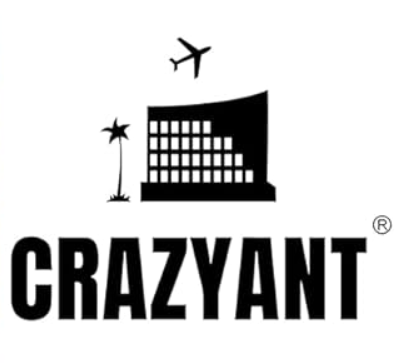1. Overlooking Transparency in Hotel Procurement Companies
Transparency is paramount in hotel procurement. Hidden fees, ambiguous terms, and unclear pricing structures can lead to unexpected costs and strained vendor relationships. A study by the Stroud Group emphasizes the importance of clear communication and detailed contracts to avoid misunderstandings and ensure smooth operations.
2. Ignoring Quality Standards in Hotel Procurement

Opting for the cheapest option can be tempting, but it often leads to compromised quality. In the hospitality industry, the quality of equipment directly impacts guest satisfaction and operational efficiency. The International Organization for Standardization (ISO) has established quality requirements for hotels regarding staff, service, events, entertainment activities, safety and security, maintenance, cleanliness, supply management, and guest satisfaction.
3. Choosing Price Over Value with Hotel Luggage Carts
While budget constraints are a reality, focusing solely on price can lead to subpar equipment that doesn't meet operational needs. The average lifespan of hotel luggage carts varies significantly based on material and maintenance. Premium stainless steel carts typically last 7–10 years with proper maintenance, while plastic models average 3–5 years.
| Feature | Stainless Steel | Aluminum | Plastic | Wood |
|---|---|---|---|---|
| Frame | Corrosion-resistant, durable | Lightweight, rust-resistant | Lightweight, less stable | Heavy, requires careful handling |
| Wheel Options | 8" silent rubber / PU – smooth, floor-friendly | 6–8" rubber – smooth, moderate noise | 6" plastic – lightweight, less stable | 6" wooden/metal wheels – heavy, noisy |
| Maintenance & Lifecycle | Low upkeep, 7–10 yrs | Moderate upkeep, 5–7 yrs | Medium upkeep, 3–5 yrs | High upkeep, 2–4 yrs |
| Guest/Staff Experience | Smooth handling, premium look | Lightweight, moderate feel | Less stable, simple feel | Heavy, careful handling required |
| Cost | Moderate | Moderate | Low | Low–High |
4. Relying on Limited Supplier Networks
Limiting your procurement to a narrow supplier base can restrict options and inflate costs. Expanding your network to include reputable suppliers can provide more competitive pricing and diverse options. The Robert Dunn website highlights the importance of adhering to international standards such as ISO, EN, ANSI, and ASTM, which are applicable to international hotels.
5. Missing Long-Term Service and Warranty Clauses
Many procurement agreements focus on the initial purchase, neglecting the importance of after-sales service and warranties. Companies like Hospitality 1 Source provide luggage carts with warranties, ensuring long-term support and peace of mind for hotel operators.
6. Failing to Compare Hotel Procurement Companies Properly
If you haven't yet identified the right hotel procurement companies, it's easy to make rushed decisions. Comparing suppliers properly can save time, reduce costs, and ensure your hotel receives durable, high-quality equipment like hotel luggage carts.
Here are some reputable options to consider:
- Wanzl – Global leader in luggage carts, known for durability and design.
- EZ Stacker – Innovative stackable carts, ideal for tight storage spaces. EZ Stacker Official Website
- Forbes Industries – Over 100 years in hotel equipment, versatile and stylish carts.
- CrazyAnt – Offering a range of high-quality luggage carts designed for durability and style. CrazyAnt Official Website
These suppliers provide a starting point for side-by-side comparisons, helping you choose a partner that fits your hotel's needs, budget, and brand image.
Conclusion
In conclusion, avoiding common pitfalls in hotel procurement—from overlooking transparency and quality standards to failing to properly compare suppliers—can save your hotel significant time, cost, and operational headaches. By making informed decisions and prioritizing value over price, procurement professionals can ensure durable, efficient, and guest-friendly solutions, including high-quality hotel luggage carts.
If you're still exploring reliable suppliers, we invite you to check out our full range of products at CrazyAnt and discover equipment designed for longevity and performance. For any questions or personalized recommendations, feel free to reach out to us directly via email at info@crazyant-hotel.com—we're here to help you make the best procurement decisions for your hotel.
Questions? Contact us at info@crazyant-hotel.com.

